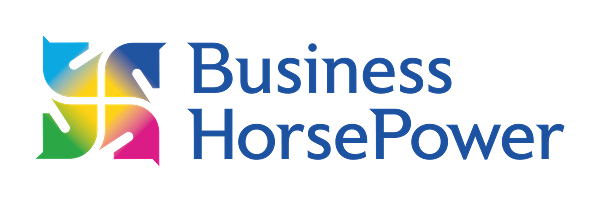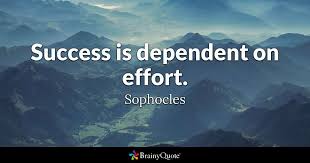Recently I was attending some sales training and we were discussing the difference between a fixed and growth mindset. In essence a fixed mindset believes that everything is as it is for a reason and we really can’t change that. Contrast this with a growth mindset where we are always looking for opportunities to learn and develop. There is no such thing as failure only learning opportunities. People with a growth mindset are continually looking to improve whilst those with a fixed mindset are often looking for someone to blame.
As I listened to the training and reflected on my own position I realised that I can often be a combination of the two. Most of the time I have a growth mindset. After all I create experiences for people to stretch out of their comfort zone and grow. However, I realised that often when it comes to sales I have a fixed mindset. I keep trying all kinds of things and when they don’t work I blame my products, services or imperfect execution.
Then the trainer said something that hit hard. He said that when it came to sales the difference in success between the fixed and growth mindset all came down to EFFORT. This floored me. I had always thought I was putting in enough effort but I guess if I am really honest I haven’t been.
These are the skills I have not been cultivating when it comes to putting EFFORT into sales conversations.
Enthusiasm – often I just dread the sales process. It can seem sleezy and forceful and I know that this comes from being the recipient of some less than ethical sales tactics that have left me with buyers remorse as I have invested in programmes and services I never really needed. God forbid that anyone would see me like that.
Focus – success in sales requires focus and consistency. You need to be laser like in identifying the solution that you offer and who it serves. You need to be confident that your solution meets their needs. Any wavering or doubt on your part and the potential buyer will sense this and so never conclude the purchase.
Follow Through – according to the latest research it can take upto 12 touch points to convert a prospect to a client. That’s an awful lot of interactions. So it is imperative to continue to follow up with people. Even those that say No, because a No often means not just now.
Overcome Objections – mastering how to overcome objections is essential if you are to be successful at sales. Think ahead to some of the common objections that your prospects have and craft answers to these. Typically they will involve the price, so ensure that you always help the client understand the return on investment (ROI) of working with you. A good rule of thumb is that you should be able to deliver 10x value. In other words if your service costs £10,000 then the client should be able to achieve a £100,000 cost saving or revenue uplift.
Resilience – given that only some 3% of people and waiting and willing to buy when you connect with them the prospect of you getting no response is really high. This means that you need resilience to pick yourself back up and try again. Remember a No is often this is not right for us right now. Try this game and see how many No’s you can get in a day. Every No takes you closer to getting a yes, so embrace the process and don’t take No personally. It is never a reflection on you
Trust – the great thing about having to have multiple contact points with someone before they purchase means that you have the opportunity to build trust. Always be in service to the other person and never be afraid to withhold your services if you don’t think they are a right fit for the prospect. You will earn significant levels of trust by referring them to another supplier or solution and in my experience they will return in due course. So when you are thinking about sales please make sure you put in enough EFFORT or else the process simply won’t work. Now I’m off to start changing some habits and this new found wisdom





